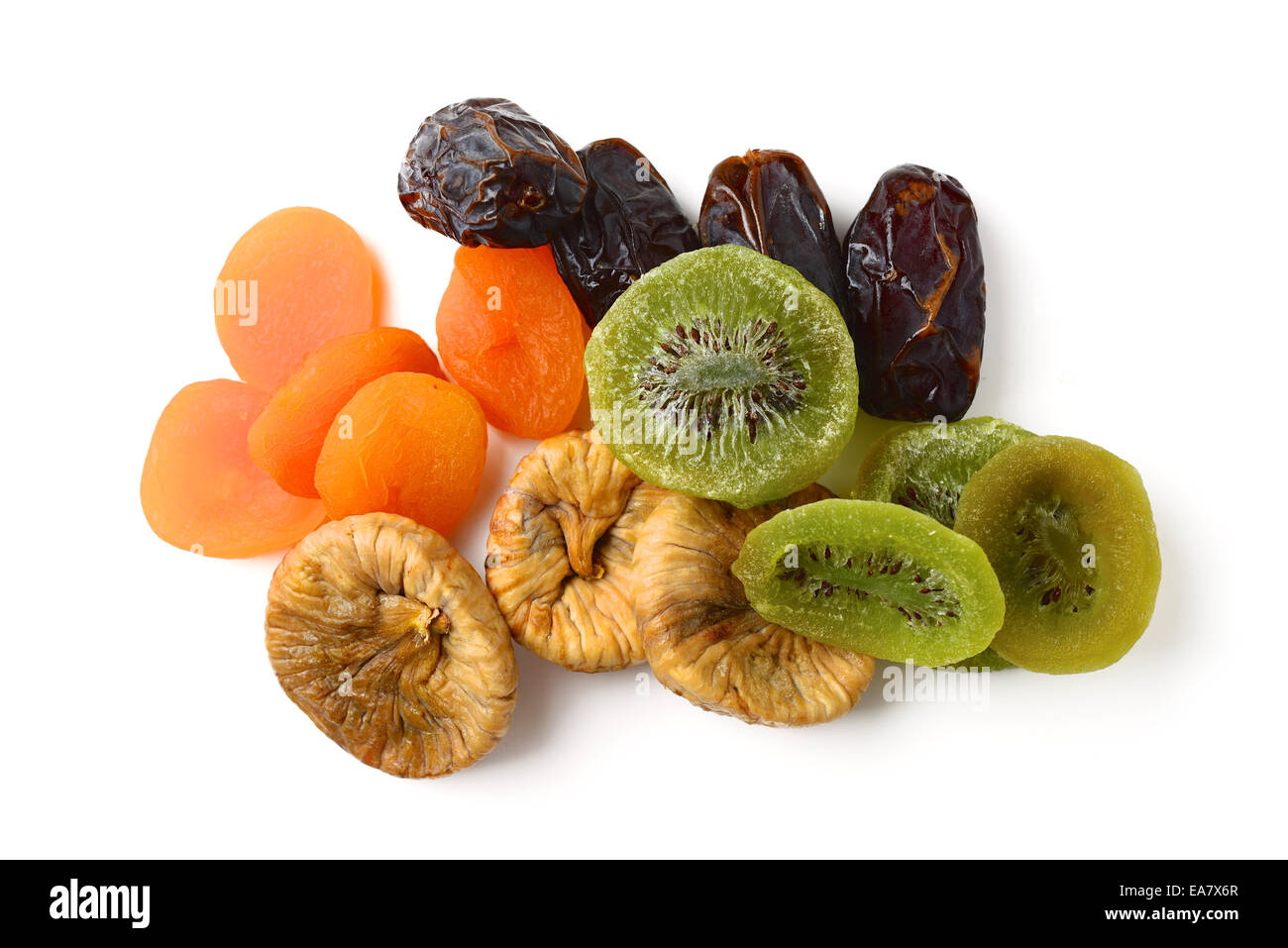Dehydrated Fruits Decoded: The Ultimate Guide to Nutritional Delights

Dried fruit have long been celebrated for their deep tastes and convenience, making them a favored choice for snacking and cooking alike. Packed with nutrients and offering a host of health benefits, these tasty treats are much more than just a sugary indulgence. When you bite into a piece of dried fruit, you are not only enjoying its taste but also reaping the rewards of concentrated vitamins, minerals, and antioxidants.
As we journey into the world of dried fruits, it is crucial to comprehend the advantages they offer to our health. From promoting heart health to boosting energy levels, incorporating dried fruits into your diet can enhance your nutrition in simple and tasty ways. Whether you are shopping at your local market or purchasing from a trusted dried fruits supplier, knowing what to look for and how to enjoy these nutrient-rich snacks can revolutionize your approach to wholesome diets.
Nutritional Advantages of Dried Fruits
Dried fruits are not just tasty snacks; they are loaded with vital nutrients that contribute to overall health. The dehydration process amplifies the natural sugars, vitamins, and minerals present in fresh fruits, making dried fruits a powerful source of energy. They are abundant in dietary fiber, which aids in digestion and helps maintain a balanced gut. This fiber can also keep you feeling full for a longer time, making dried fruits a smart choice for those looking to control their weight.
Another important benefit of dried fruits is their elevated antioxidant content. Antioxidants play a critical role in fighting oxidative stress in the body, which can lead to various persistent diseases. Dried fruits, such as apricots, cranberry pieces, and fig slices, contain a range of antioxidants, including polyphenols and flavonoids. These substances help protect cells from harm and may contribute to enhanced heart health and lessened inflammation.
Furthermore, dried fruits provide crucial vitamins and minerals that support various bodily functions. For instance, they are outstanding sources of potassium, iron, and vitamin A. Potassium is essential for maintaining healthy blood pressure levels, while iron is vital for oxygen transport in the blood. Incorporating a diversity of dried fruits into your diet can help ensure that you obtain a wide range of these important nutrients, enhancing your total well-being.
Choosing a Trustworthy Vendor
In the context of purchasing dehydrated fruits, picking a dependable provider is essential. A dependable vendor not just provides top-notch items but also ensures that the drying processes preserve the nutritional value and flavors of the fruits. Seek out suppliers who have a good image in the industry and positive feedback from their customers. This can help you evaluate the quality of their products and their dedication to client happiness.
Furthermore critical factor to think about is the sourcing of the dried fruits. A respected supplier should be transparent about where their fruits come from and the methods used in dehydrating and preservation. Organic options may be ideal if you are concerned about health, as they tend to have lesser preservatives and chemicals. Verifying certifications can also give you assurance in the vendor's quality guidelines.
Lastly, consider the range and accessibility of dehydrated produce provided by the supplier. A reliable supplier should have an wide range of options, including popular varieties like apricots, raisins, and figs, as well as additional unusual options. Possessing a variety to choose from enables you to experience different nutritional advantages and flavors, making your snack time both pleasurable and healthy.

Storage and Preservation Tips
To preserve the quality and dietary value of dried fruits, proper storage is essential. Store them in a chilly, dry place away from sunlight. The perfect temperature span is between 60 to 70 degrees Fahrenheit. Using sealed containers, such as glass jars or sealed bags, can help keep moisture out and preserve flavor. Avoid storing dried fruits in their initial containers if it’s not resealable, as this can lead to deterioration.
If you want to prolong the longevity of your dried fruits, consider refrigerating or even freezing them. While refrigeration can maintain freshness for longer, freezing can significantly extend their usability, allowing you to consume them for several months. Be sure to use freezer-safe bags and eliminate excess air to prevent freezer damage. Mark containers with the date to monitor their freshness.
For those who buy in large quantities from a dried fruits supplier , dividing them into little usable servings can also help you reduce waste. By doing this, you can take out only what you need and store the rest closed and protected. Always inspect the state of your dried fruits before consumption; if they have an off smell or look, it’s best to err on the side of caution and discard them.
